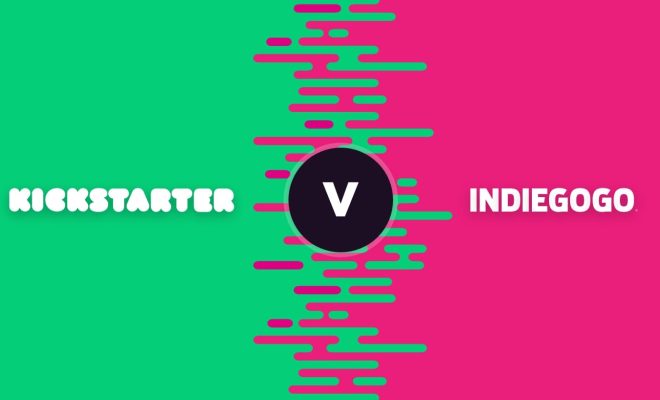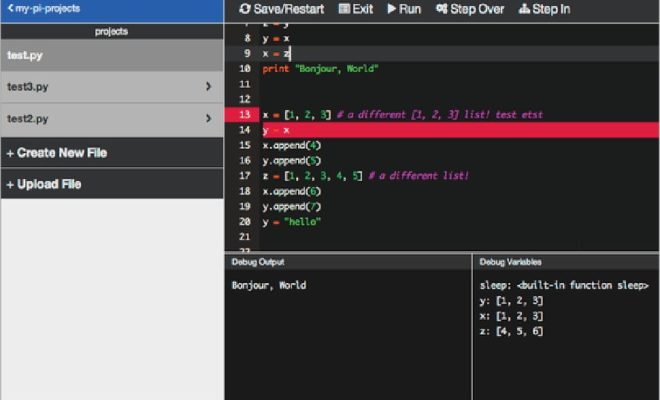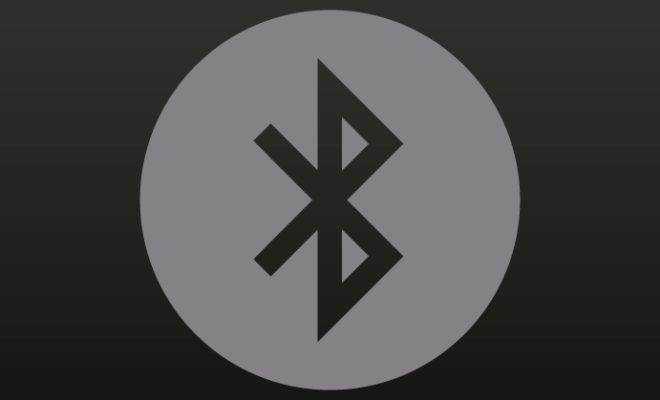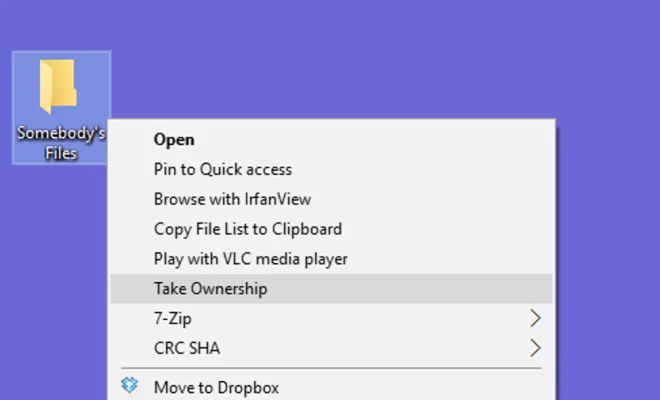Kickstarter vs. Indiegogo: Which One Should You Choose?

Crowdfunding has become an increasingly popular way for entrepreneurs and creators to raise funds for their projects. Kickstarter and Indiegogo are two of the most popular crowdfunding platforms, but which one should you choose? In this article, we’ll compare the two platforms and help you decide which one is right for you.
Kickstarter
Kickstarter is one of the oldest and most well-known crowdfunding platforms. It was founded in 2009 and has helped fund thousands of projects since then. Kickstarter is known for its all-or-nothing funding model, which means that if you don’t reach your funding goal, you don’t get any money. This can be both a blessing and a curse, as it provides a sense of urgency to your campaign but also means that you need to be very strategic about your funding goal.
Pros
- All-or-nothing funding model provides a sense of urgency and helps ensure that you have enough money to complete your project.
- Large user base and established reputation can help attract backers to your project.
- Kickstarter has strict guidelines for projects, which can help ensure that only high-quality projects are funded.
Cons
- Kickstarter takes a 5% fee on all funds raised, plus an additional 3-5% for payment processing fees.
- Projects must be approved by Kickstarter before they can launch, which can be a time-consuming process.
- Kickstarter is primarily focused on creative projects, so it may not be the best platform for projects in other industries.
Indiegogo
Indiegogo was founded in 2008 and is another popular crowdfunding platform. Unlike Kickstarter, Indiegogo has a flexible funding model, which means that you get to keep the money you raise, even if you don’t reach your funding goal. This can be both a blessing and a curse, as it provides more flexibility but also means that you may not have enough money to complete your project.
Pros
- Flexible funding model allows you to keep the money you raise, even if you don’t reach your funding goal.
- Indiegogo offers a wider range of project categories than Kickstarter, including technology, community projects, and more.
- Indiegogo offers additional services, such as marketing and PR, to help promote your campaign.
Cons
- Indiegogo takes a 5% fee on all funds raised, plus an additional 3-5% for payment processing fees.
- Indiegogo has a less established reputation than Kickstarter, which may make it harder to attract backers to your project.
- The flexible funding model may make it harder to plan and execute your project.
Conclusion
Both Kickstarter and Indiegogo are great platforms for crowdfunding, but which one you choose depends on your specific needs and goals. Kickstarter is a good choice if you’re looking for an established platform with a large user base and strict guidelines for project quality. Indiegogo is a good choice if you’re looking for more flexibility in your funding model and a wider range of project categories. Ultimately, the choice between the two platforms comes down to your personal preferences and the specific needs of your project.





